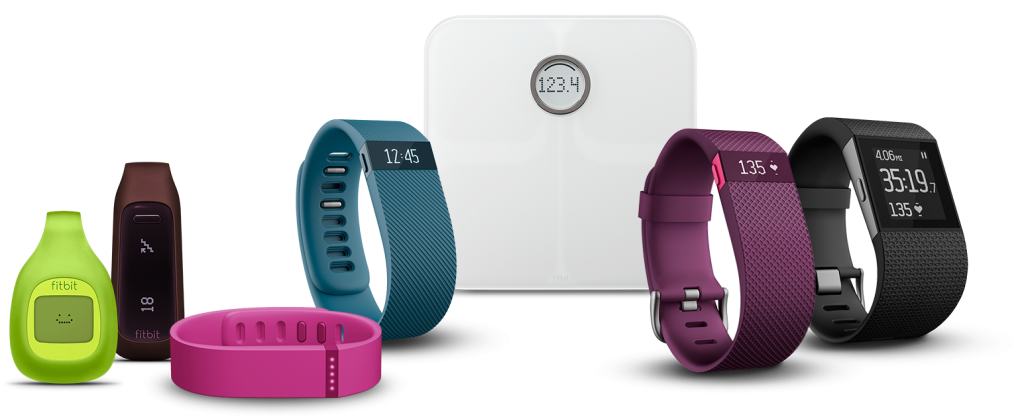by JAMES S. KIM | @james_s_kim
editor@charactermedia.com
Fitbit on Thursday became the first startup in the wearable fitness tracker industry to go public, and needless to say, it got off to a running start. The company’s shares surged on the New York Stock Exchange more than 50 percent when trading began on Wall Street, opening at $30.40 per share, up 52 percent from its IPO price of $20. It closed up 48.4 percent ($9.68) at $29.68, raising $732 million for itself and shareholders. The IPO price valued Fitbit at $4.1 billion.
Since being founded in 2007 by James Park and Eric Friedman, Fitbit has become a household name due to its popular and lightweight wearable fitness trackers—in 2014, the company reported 10.9 million devices sold and $745 million in revenue with a profit of $131.8 million, reversing its negative net incomes from 2012 and 2013.
Park, Fitbit’s CEO, told Forbes the company’s recent profitability could be traced to “financial discipline,” as the company hasn’t relied much on outside investment. Earlier this year, the San Francisco-based company unveiled a new line of products—the Charge, Surge and Surge HR, priced from $59.95 to $249.95—which have also boosted sales.
The full Fitbit family (from left to right): Zip, One, Flex, Charge, Aria Smart Scale, Charge HR and Surge. Image courtesy of Fitbit
Fitbit owns an 85 percent market share in the competitive wearables industry, Park told the New York Times. Still, Chinese companies like Xiaomi are increasingly on the up-and-up with more cheaply priced products, while, on the other end of the extreme, the multi-dimensional Apple Watch (priced from $549 to more than $1,000) may leave simpler fitness trackers behind in the dust. But Park told the Times he isn’t worried, emphasizing that the market for wearables is big enough for coexistence. (Market analyst group CCS Insight predicts that the wristband market could nearly triple in sales over the next three years.)
Rather than going head-to-head with the Apple Watch, Fitbit plans to continue to focus solely on fitness, says Park. He told the New York Times that the capital from the IPO would be spent on investing in research and development of new hardware and software, and possibly even exploring further acquisitions (Fitbit bought fitness app developer FitStar earlier this year). Park estimated that the company would triple R&D costs this year to $150 million.
“It takes an enormous amount of R&D spending to create compelling products and software,” Park explained to Forbes. “A key part of our success has been focus. All we do are health and fitness tracking products. We don’t create phones and light bulbs. The focus has allowed us to succeed over the years.”
See Also:
Fitbit Searches for Identity in a Crowded Wearables Market – KoreAm Journal
___
Feature image via Los Angeles Times/Getty Images








